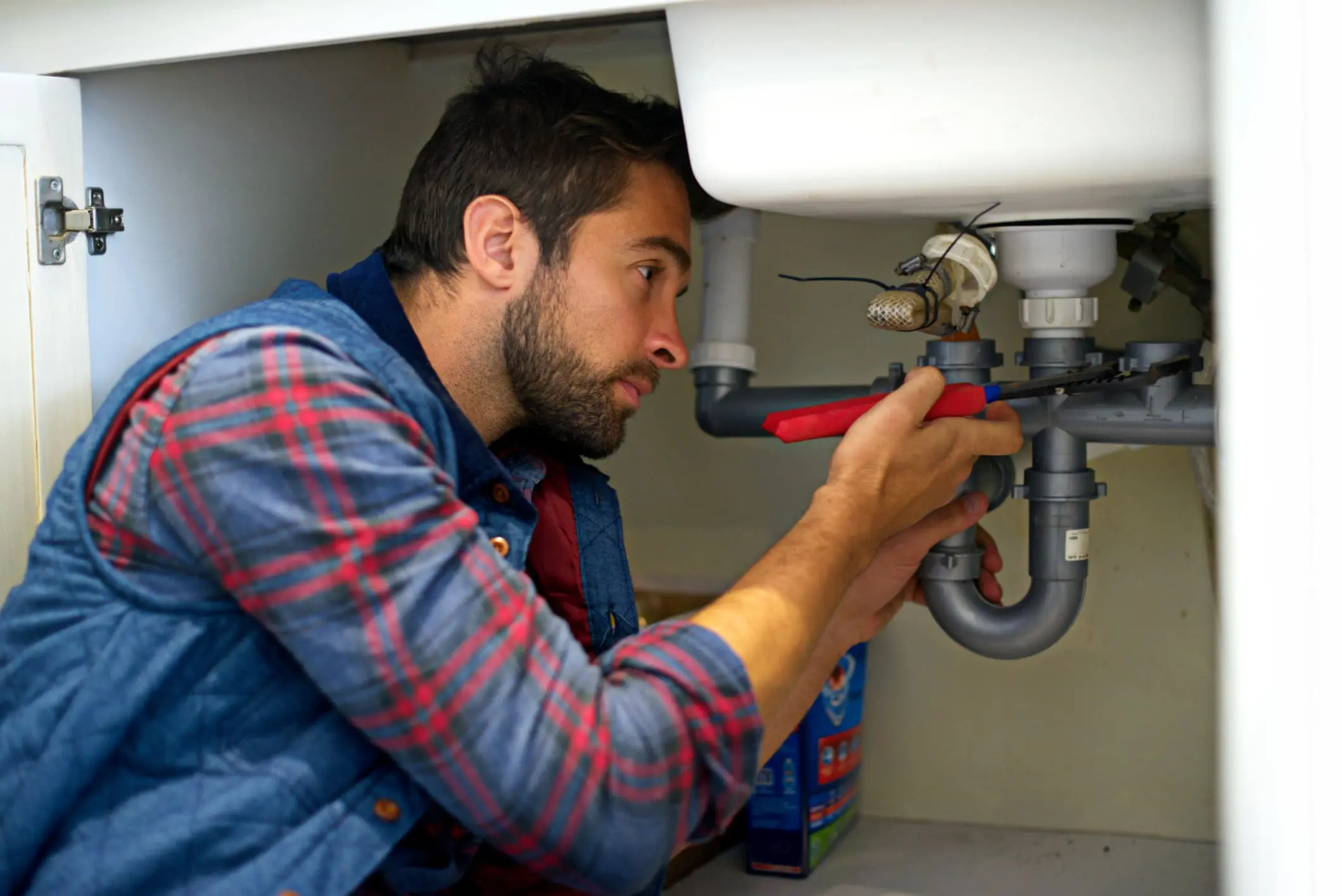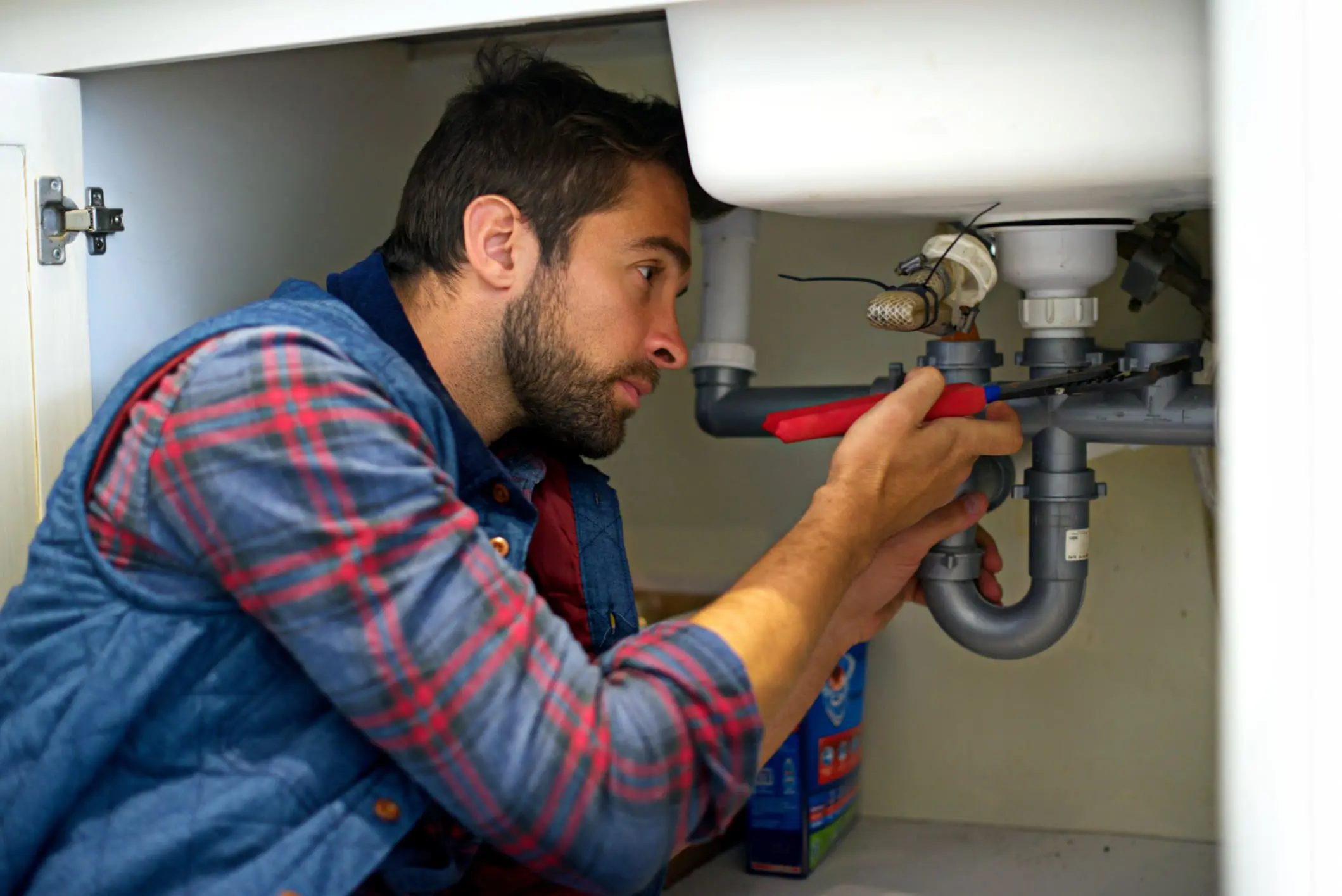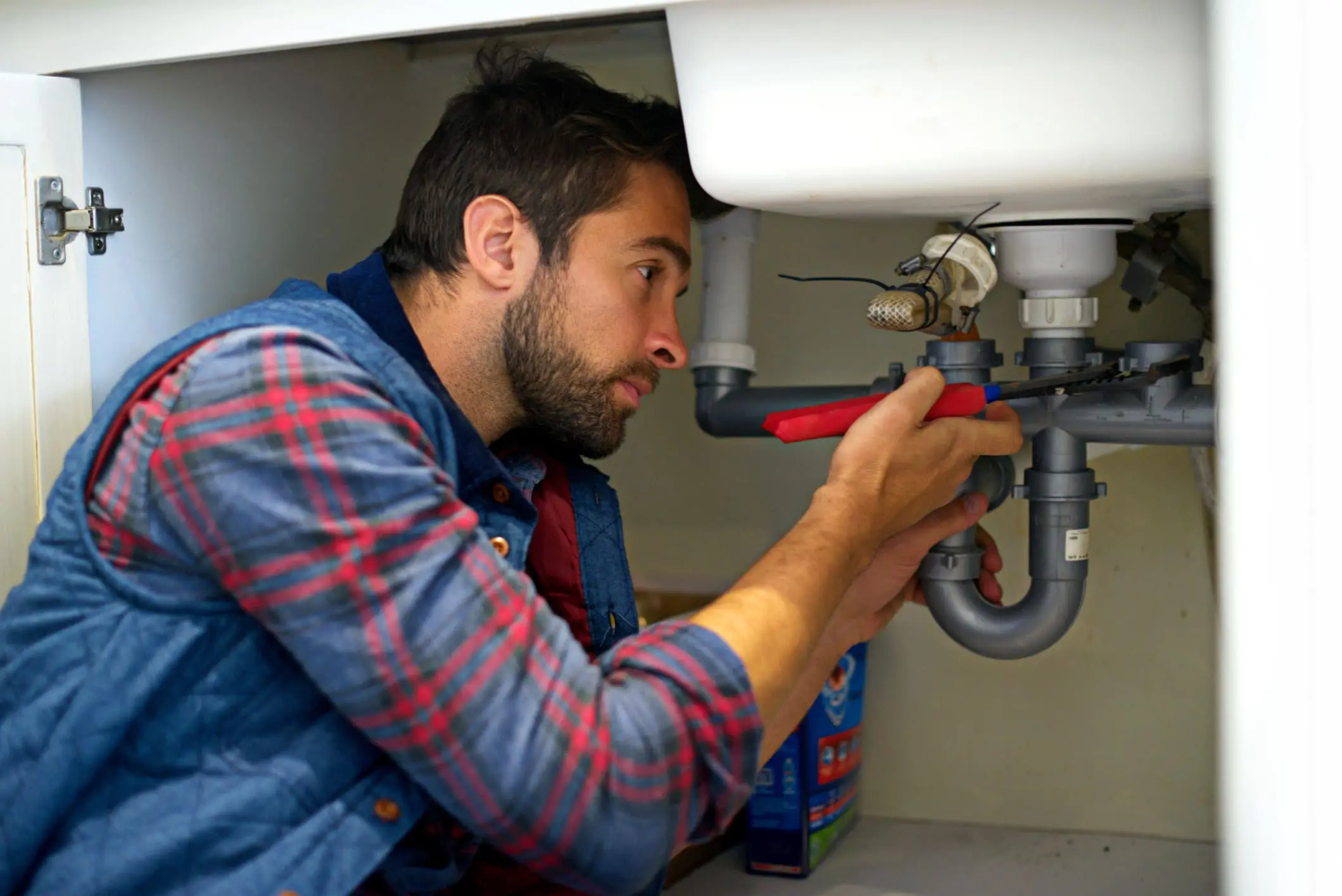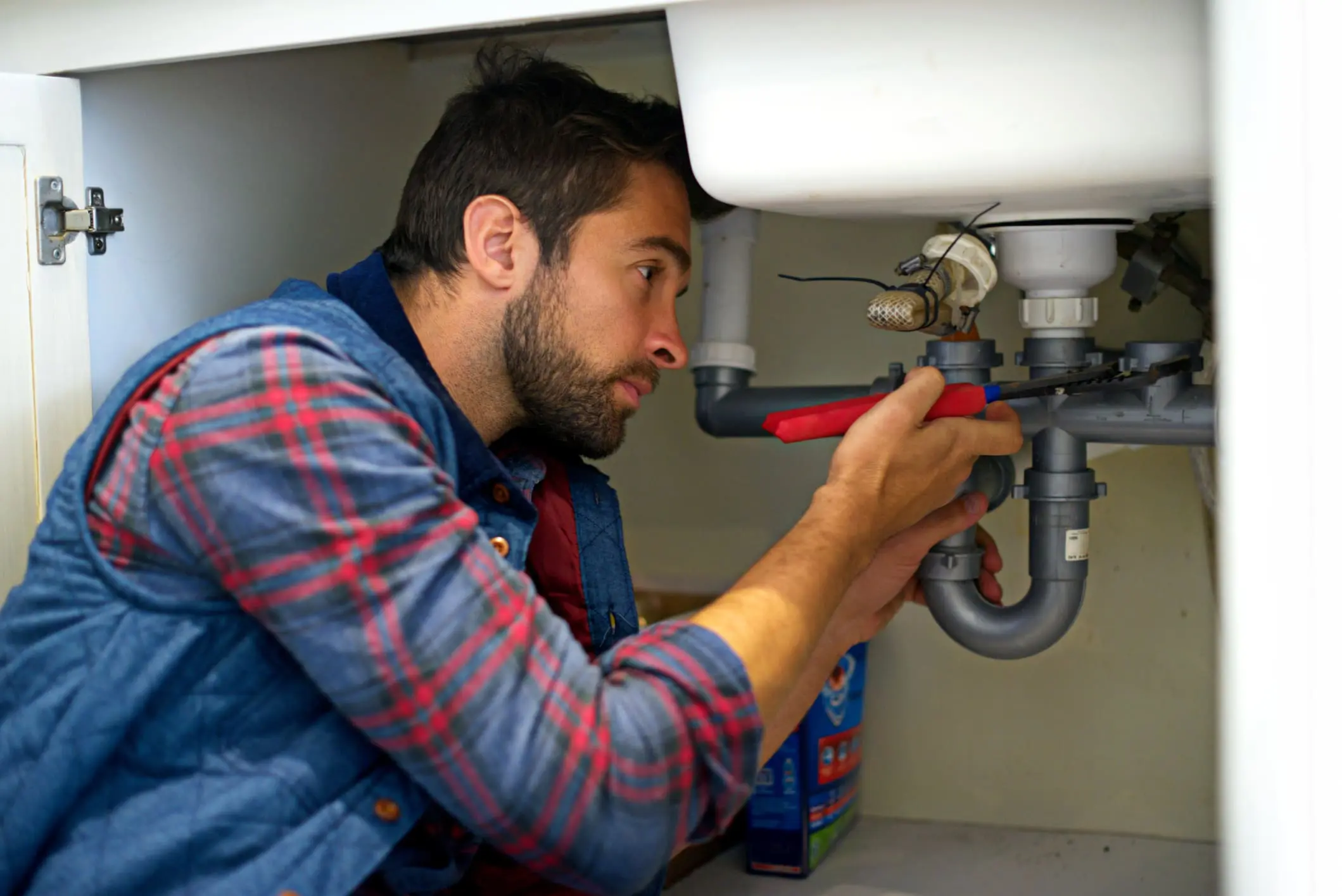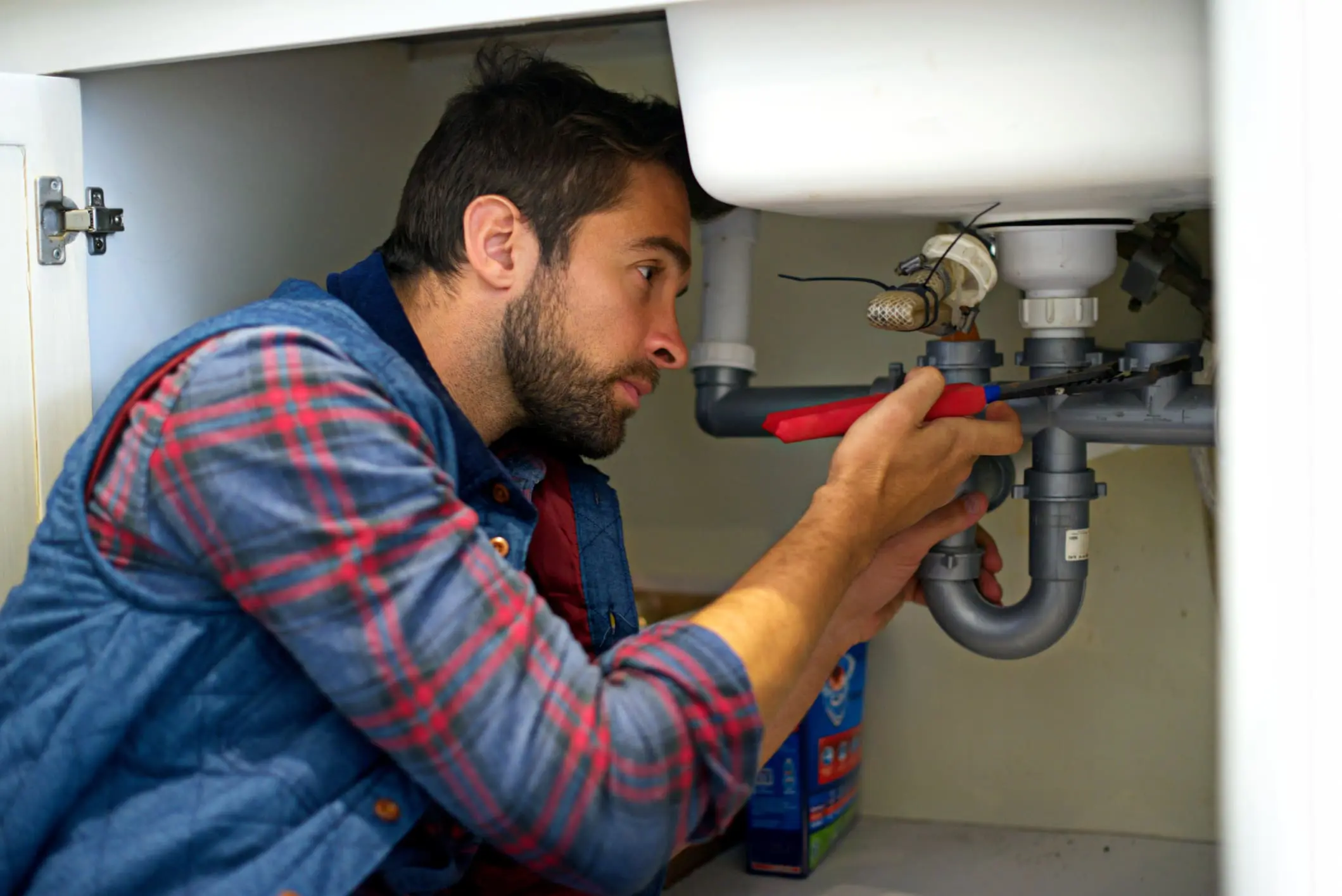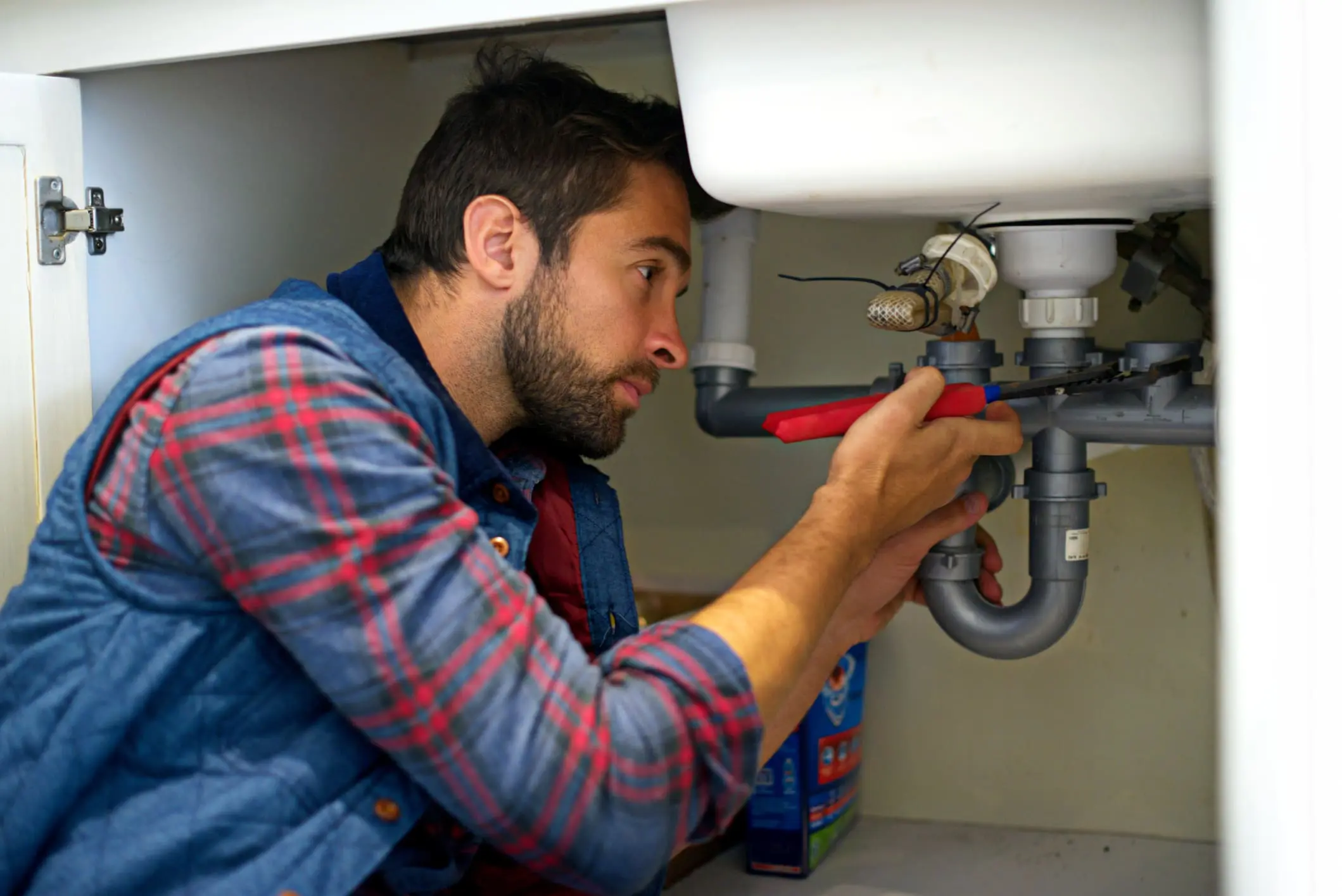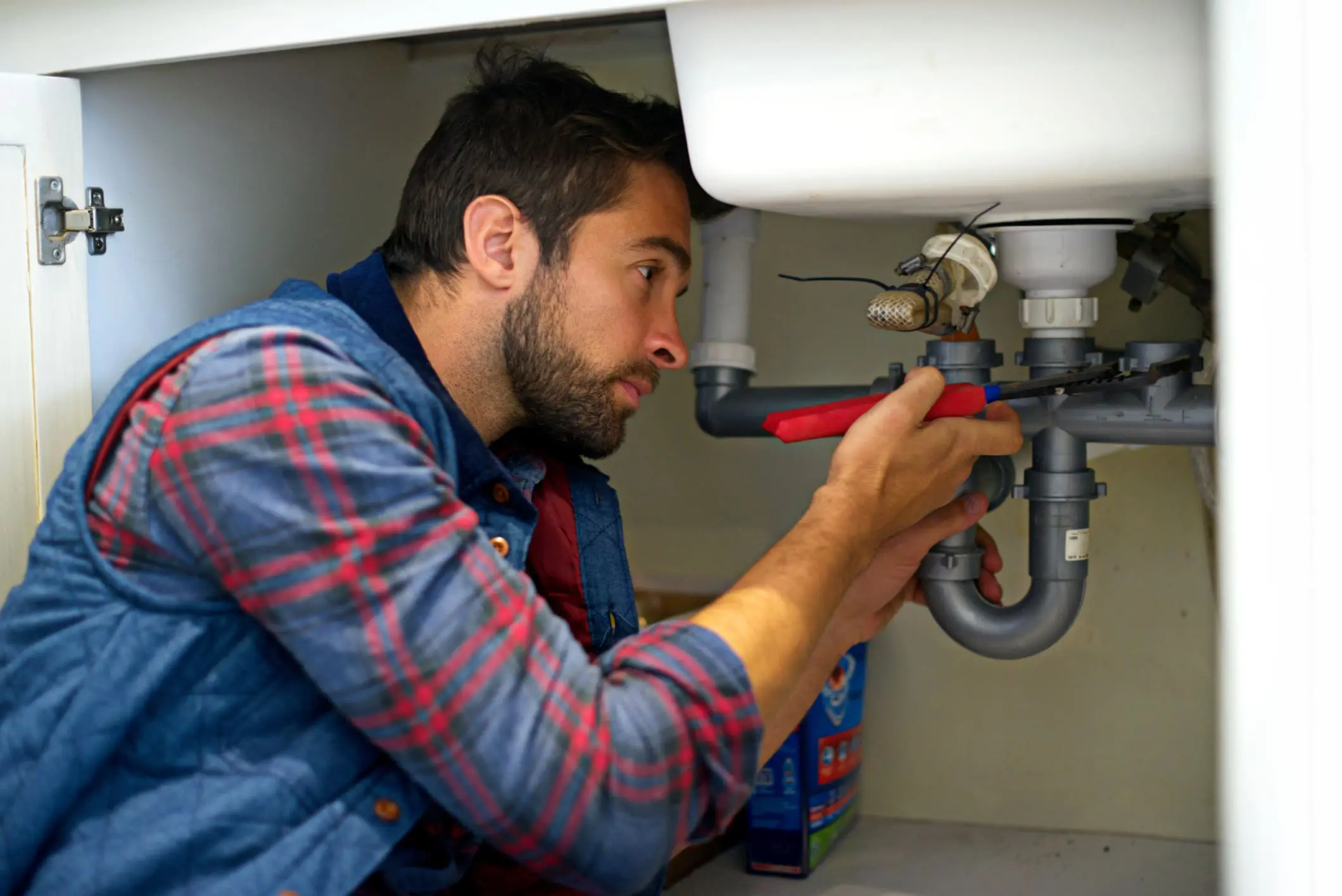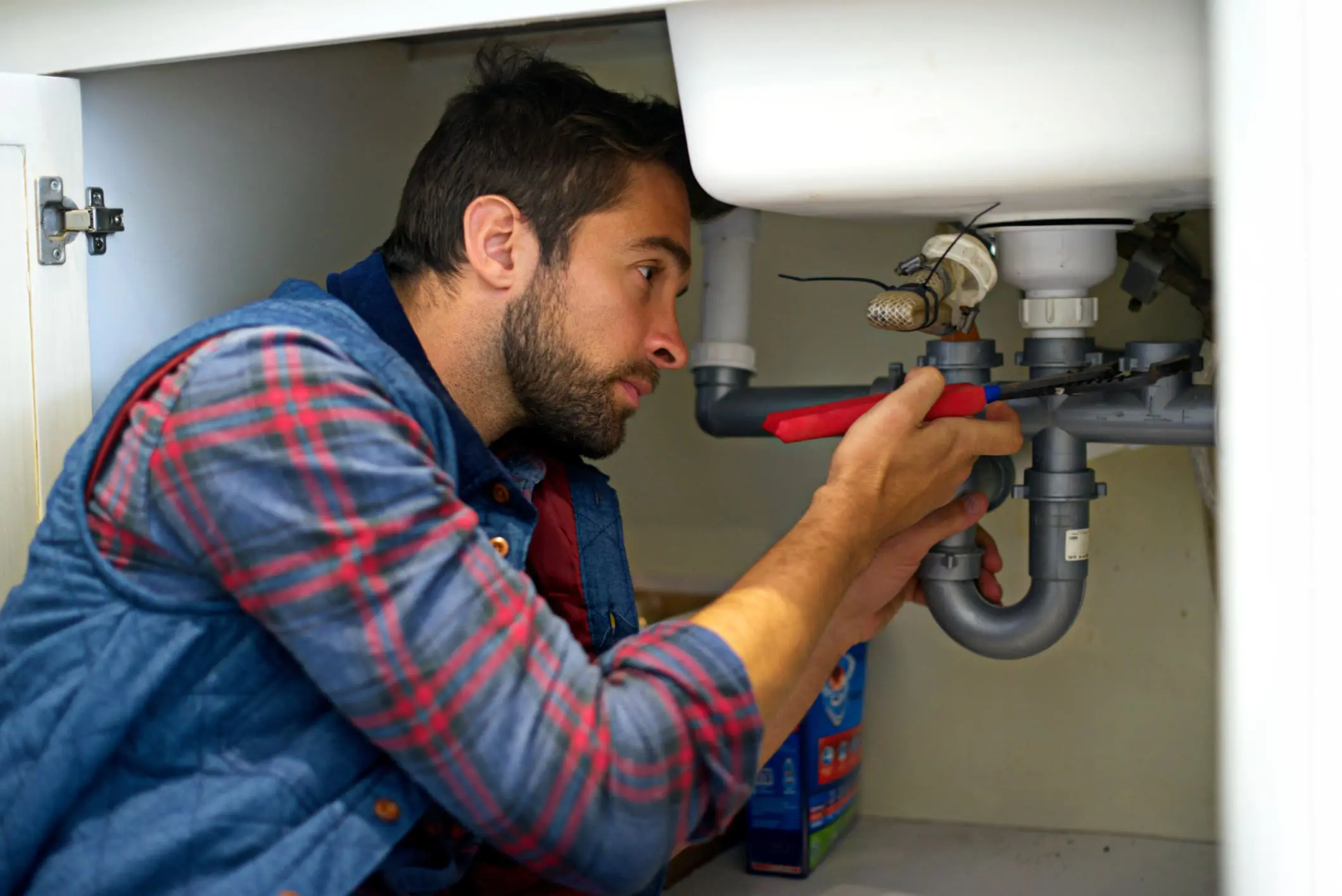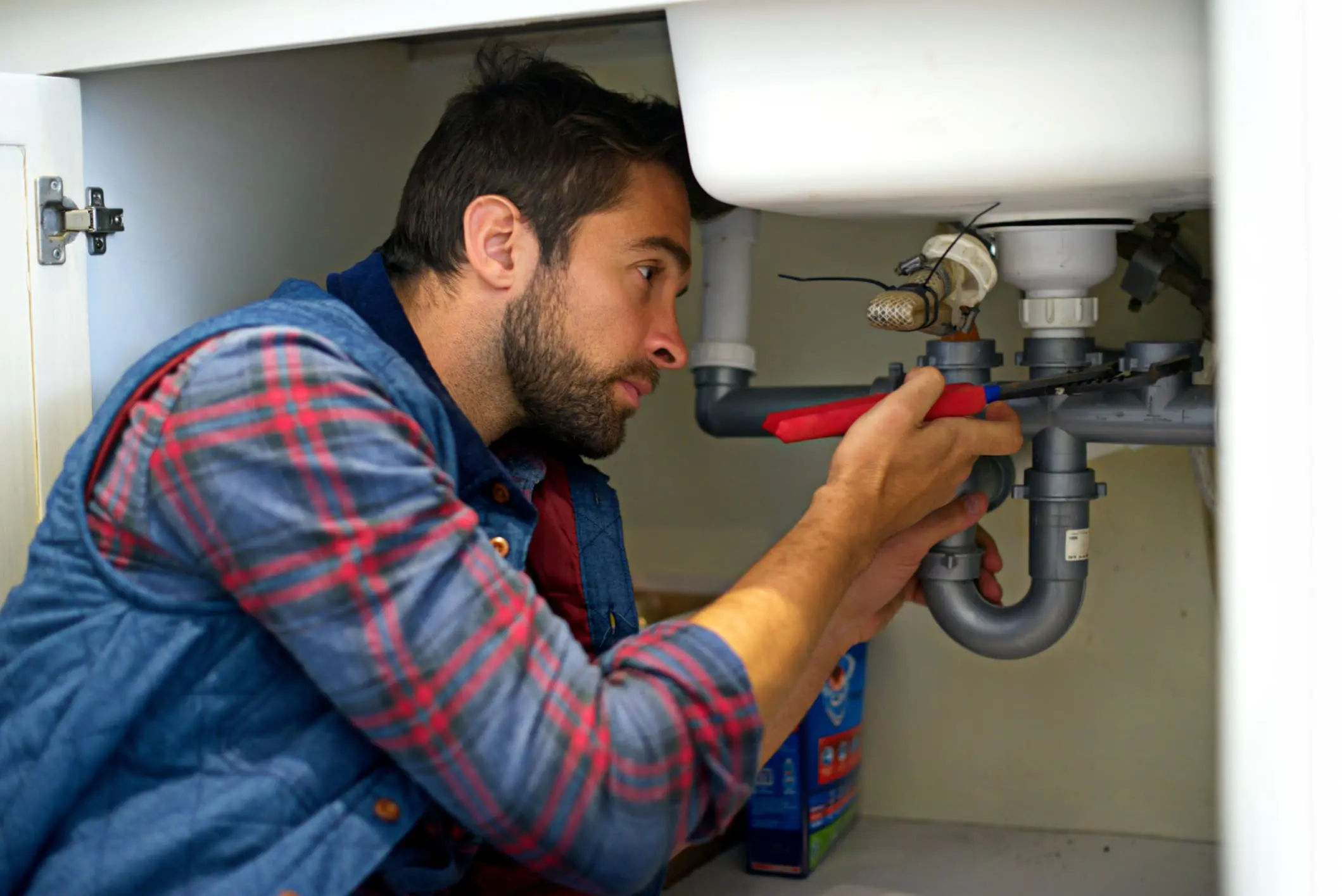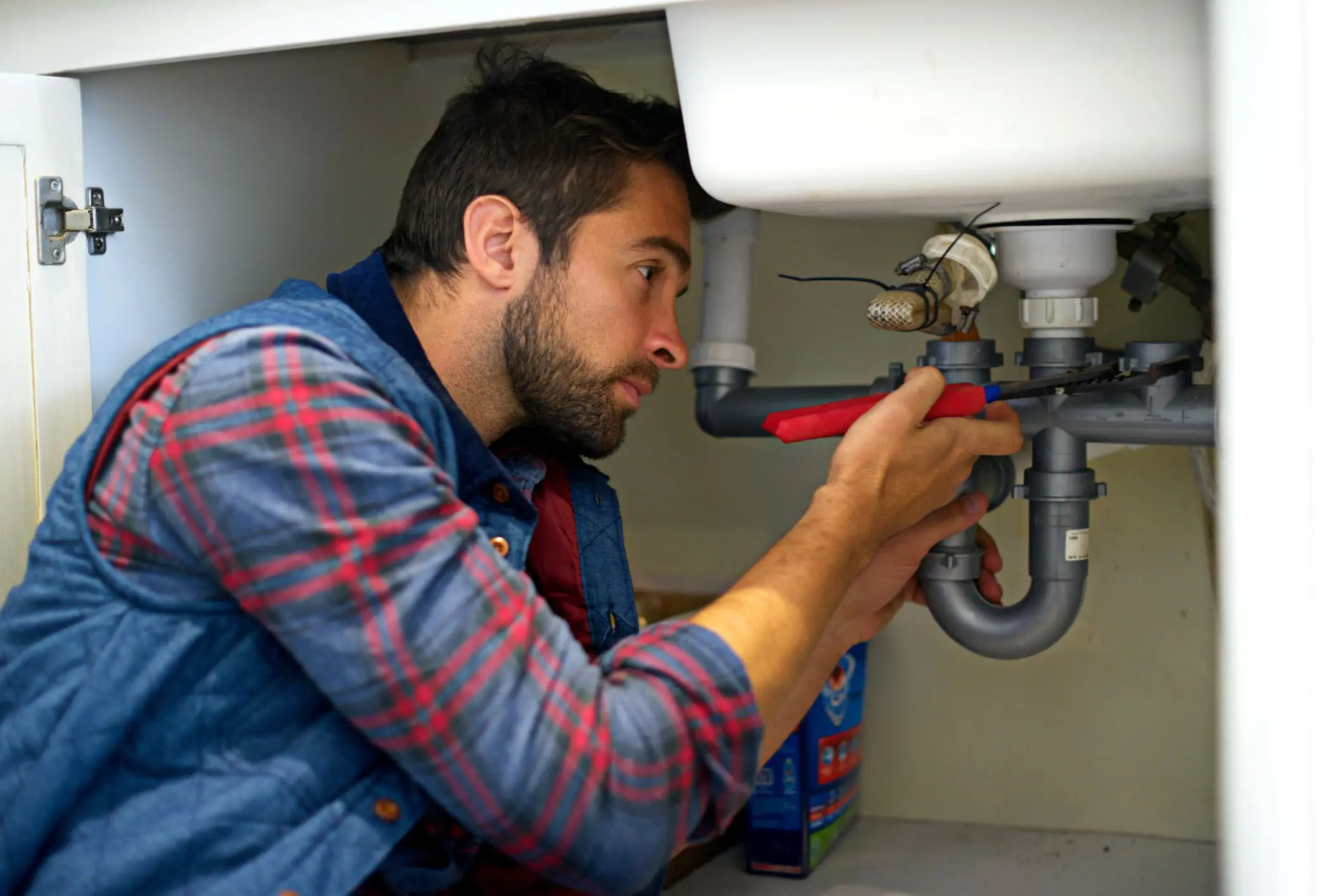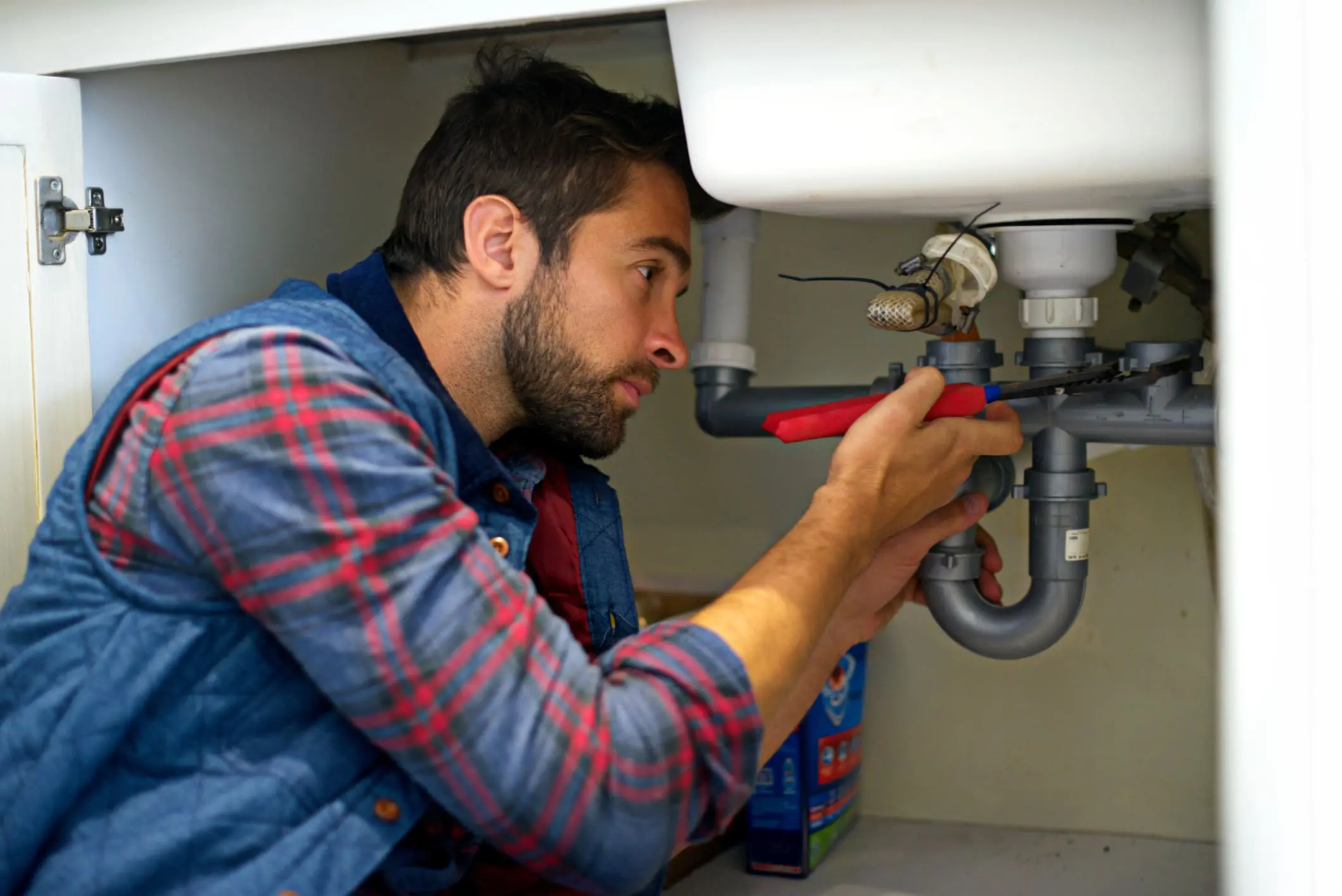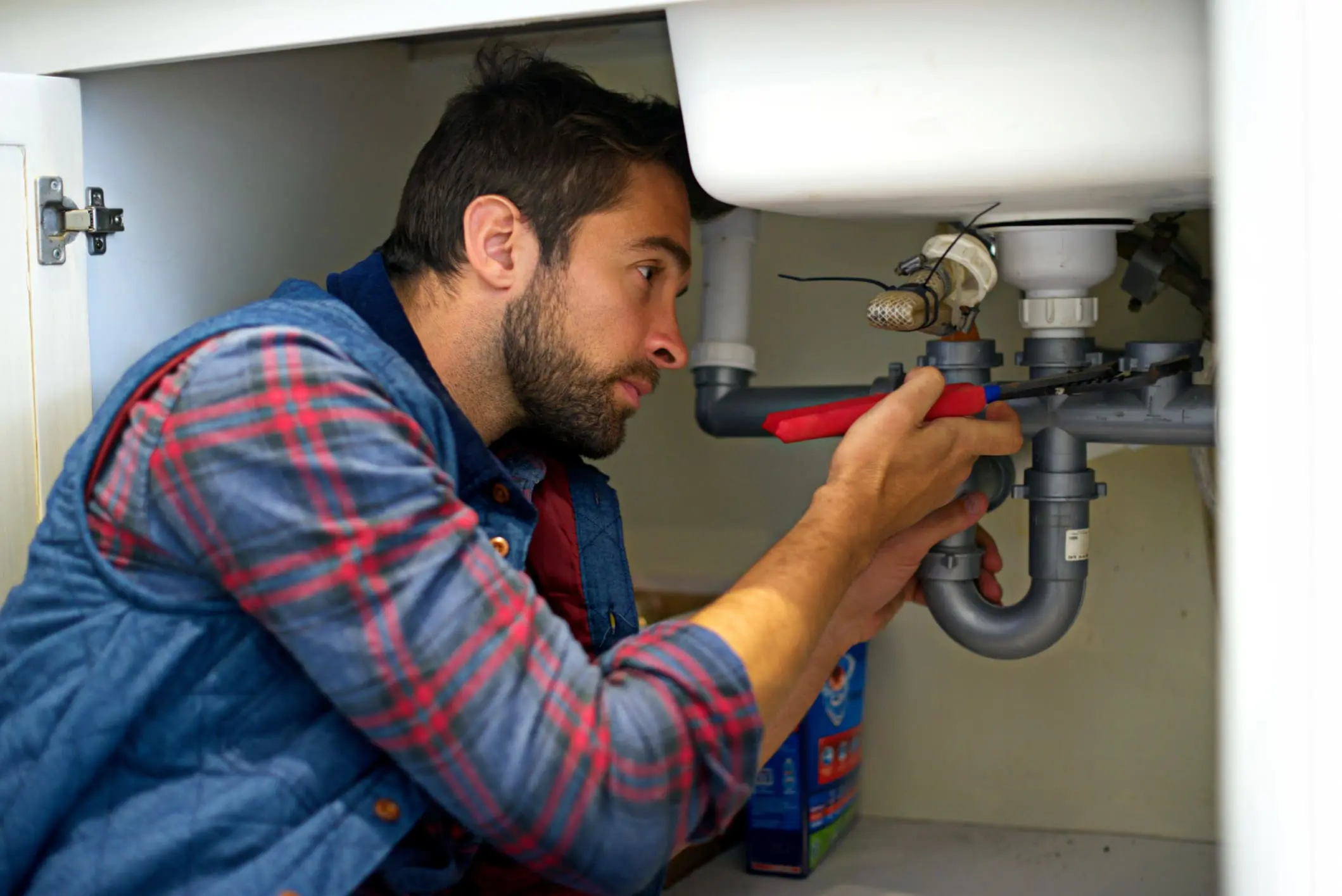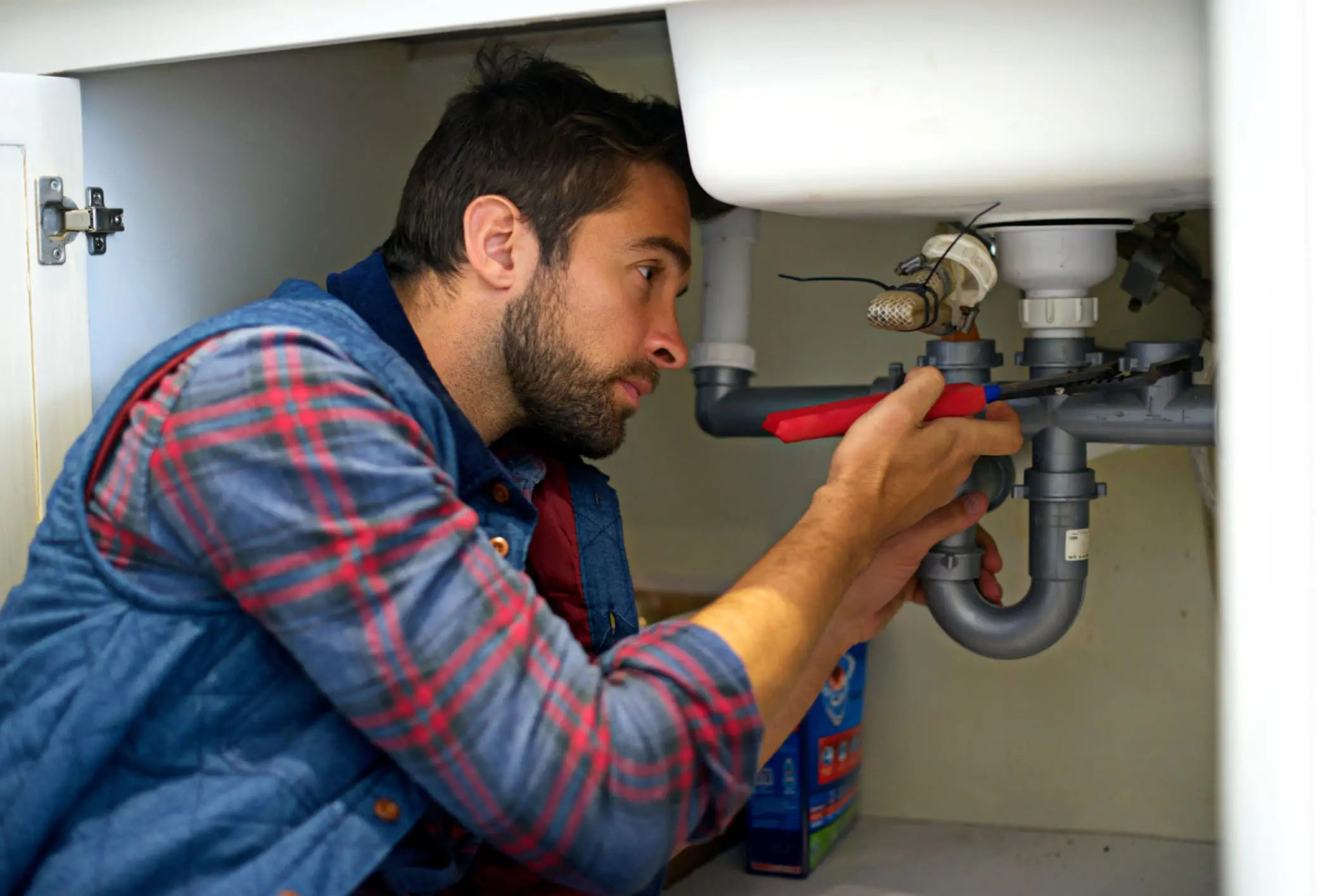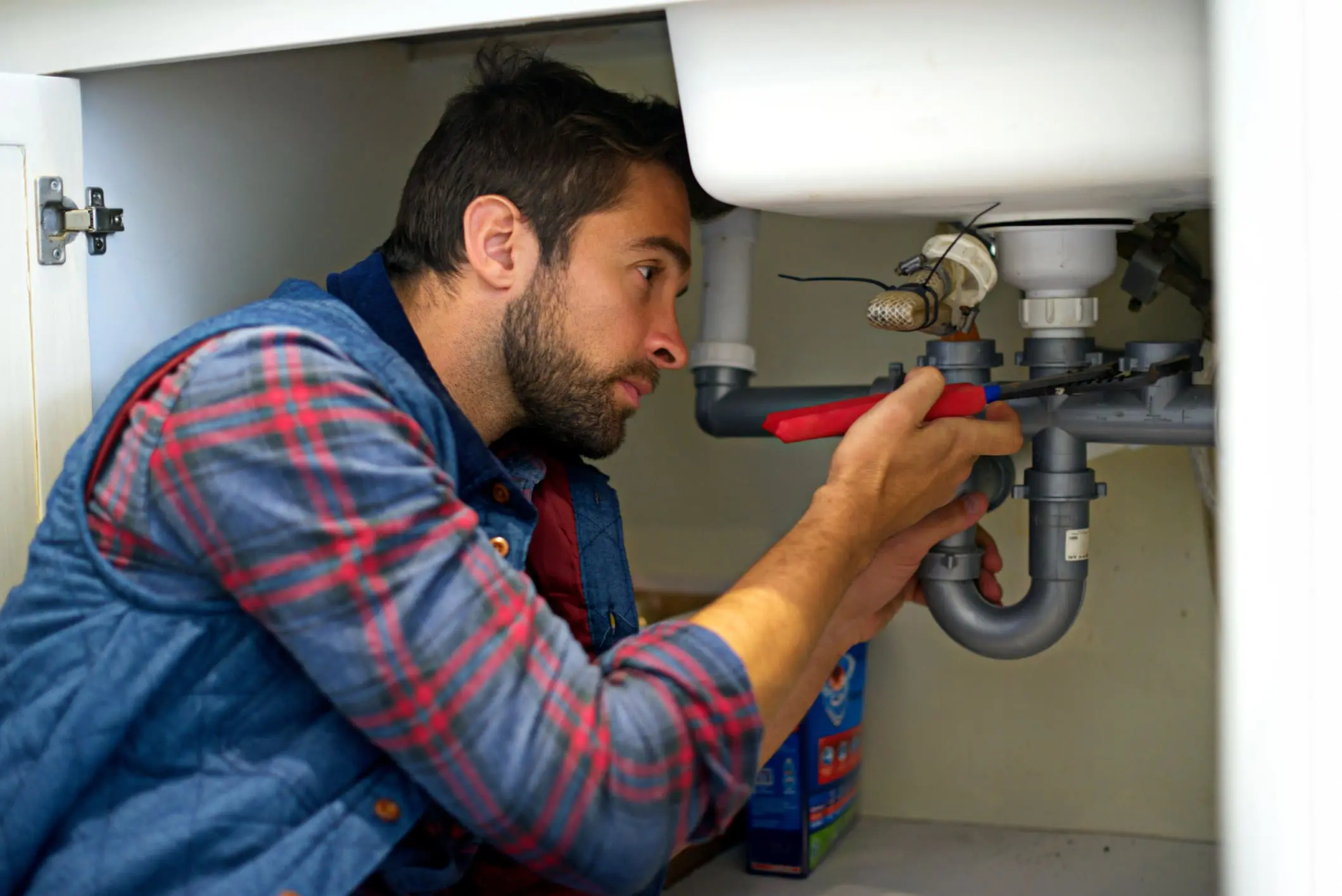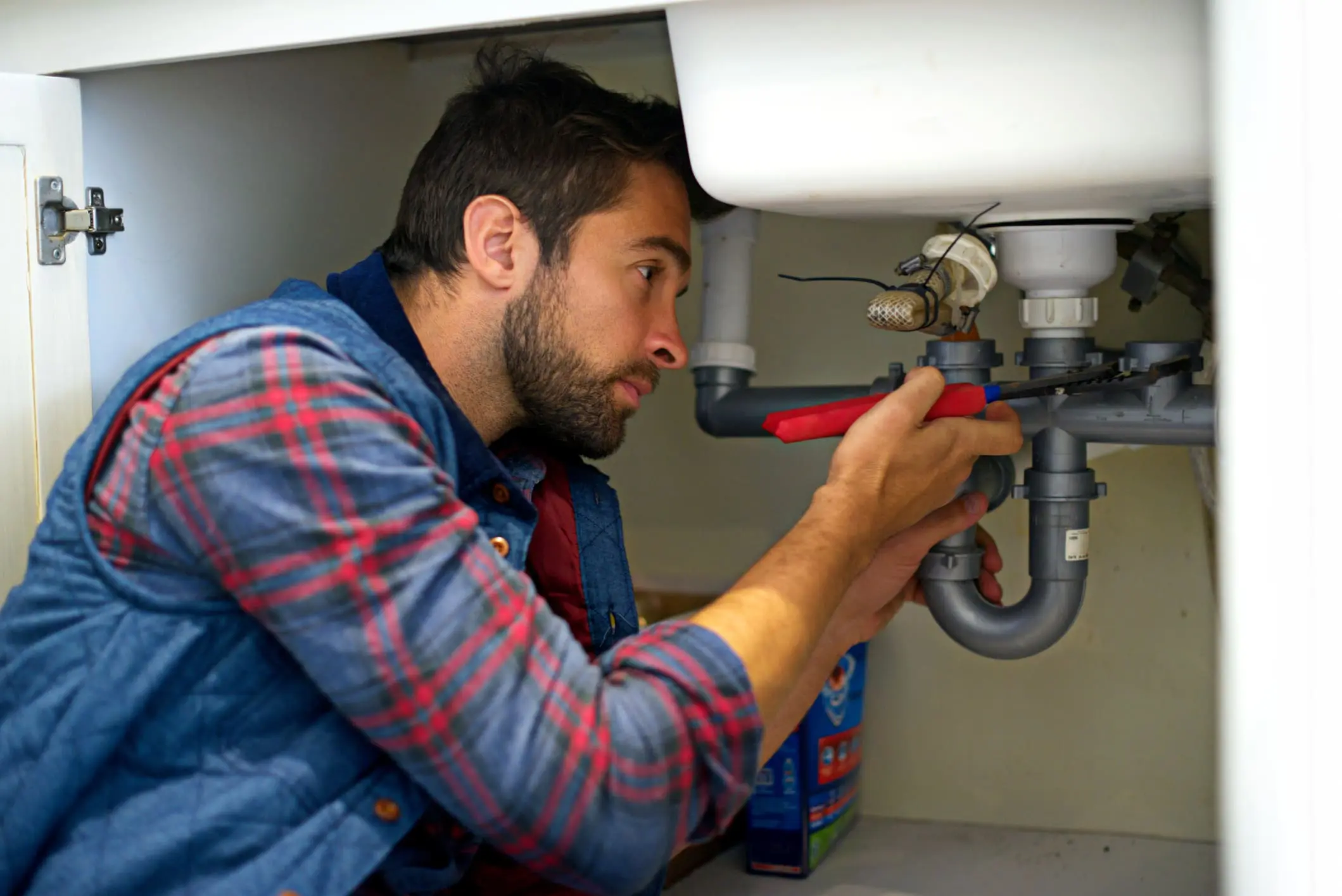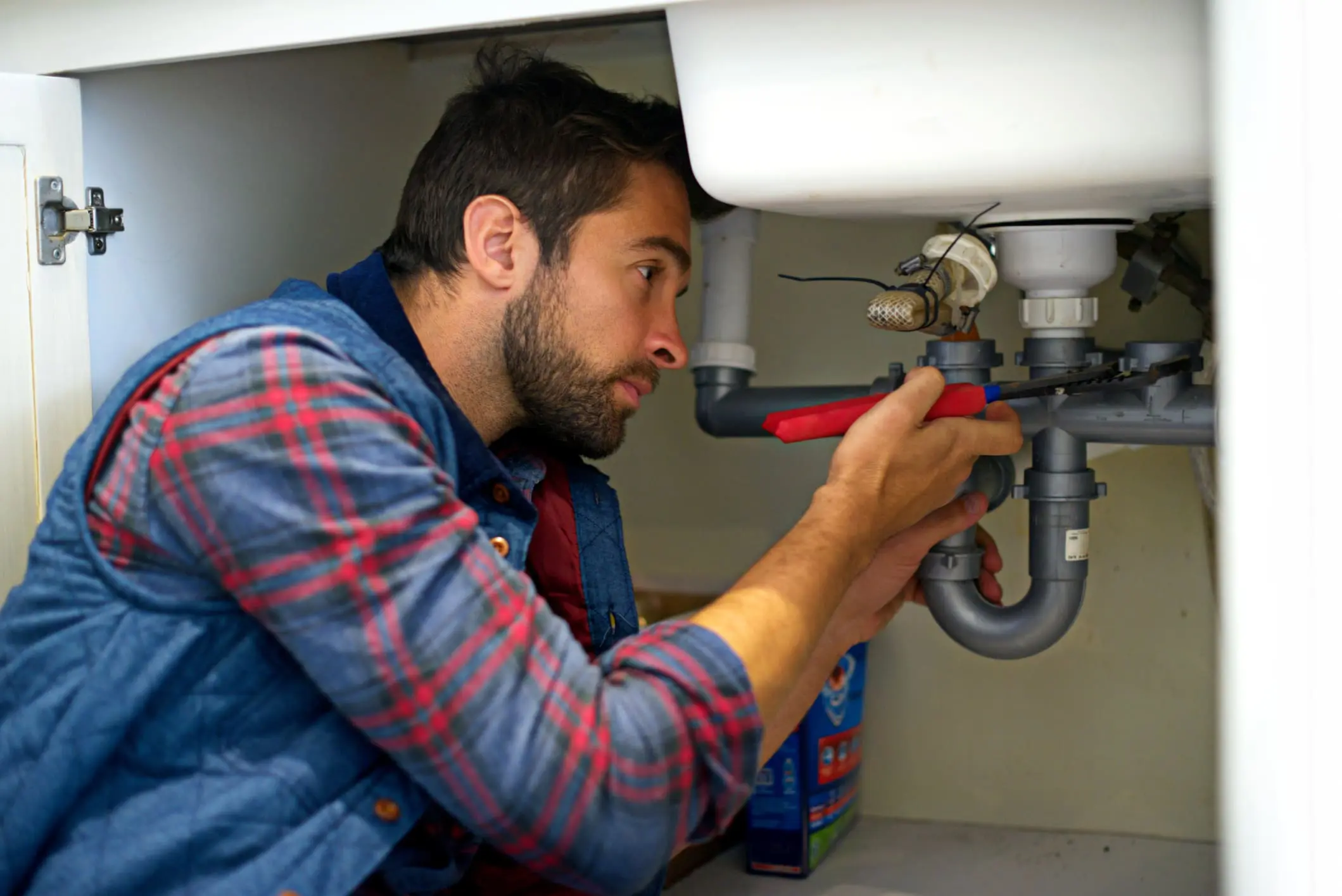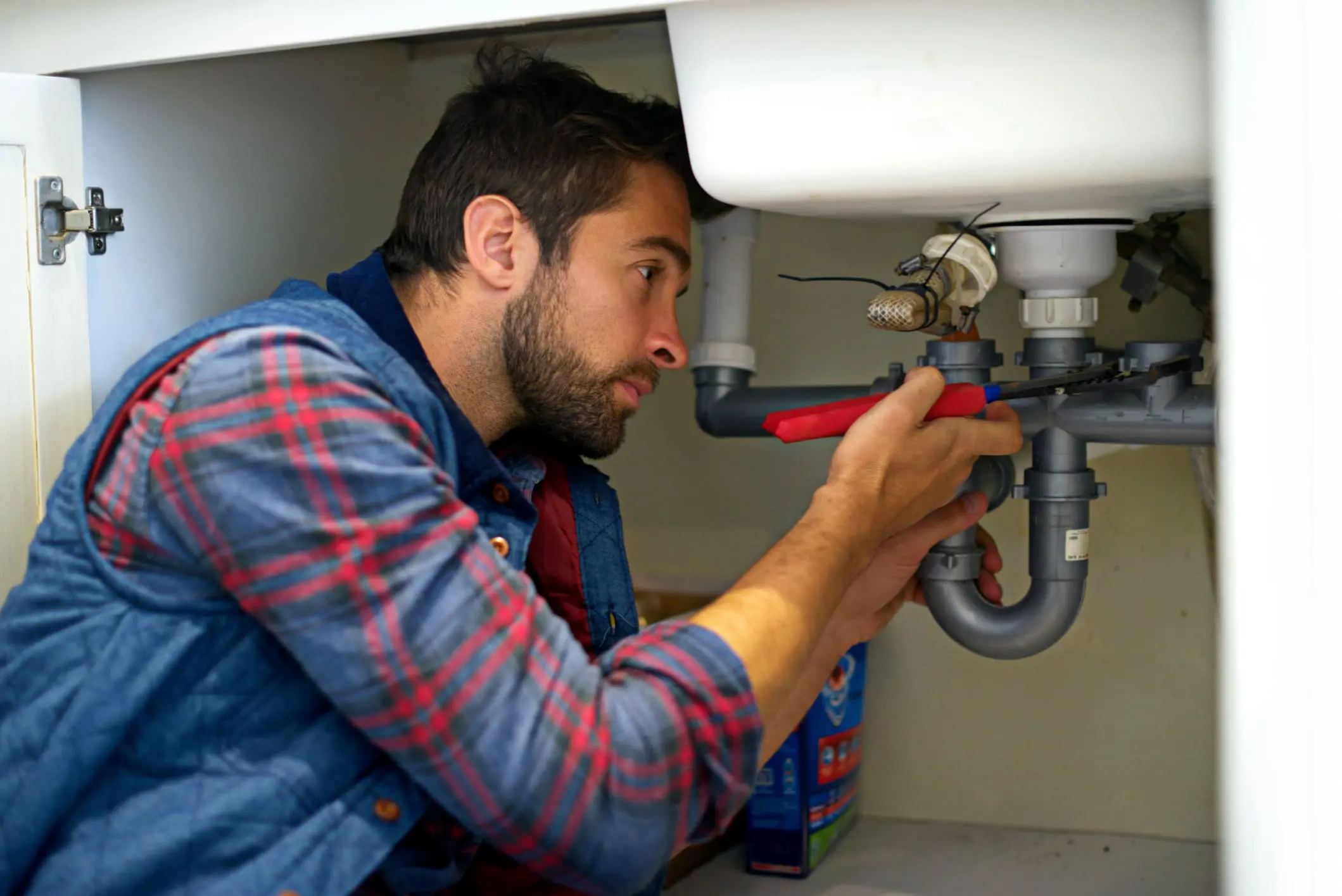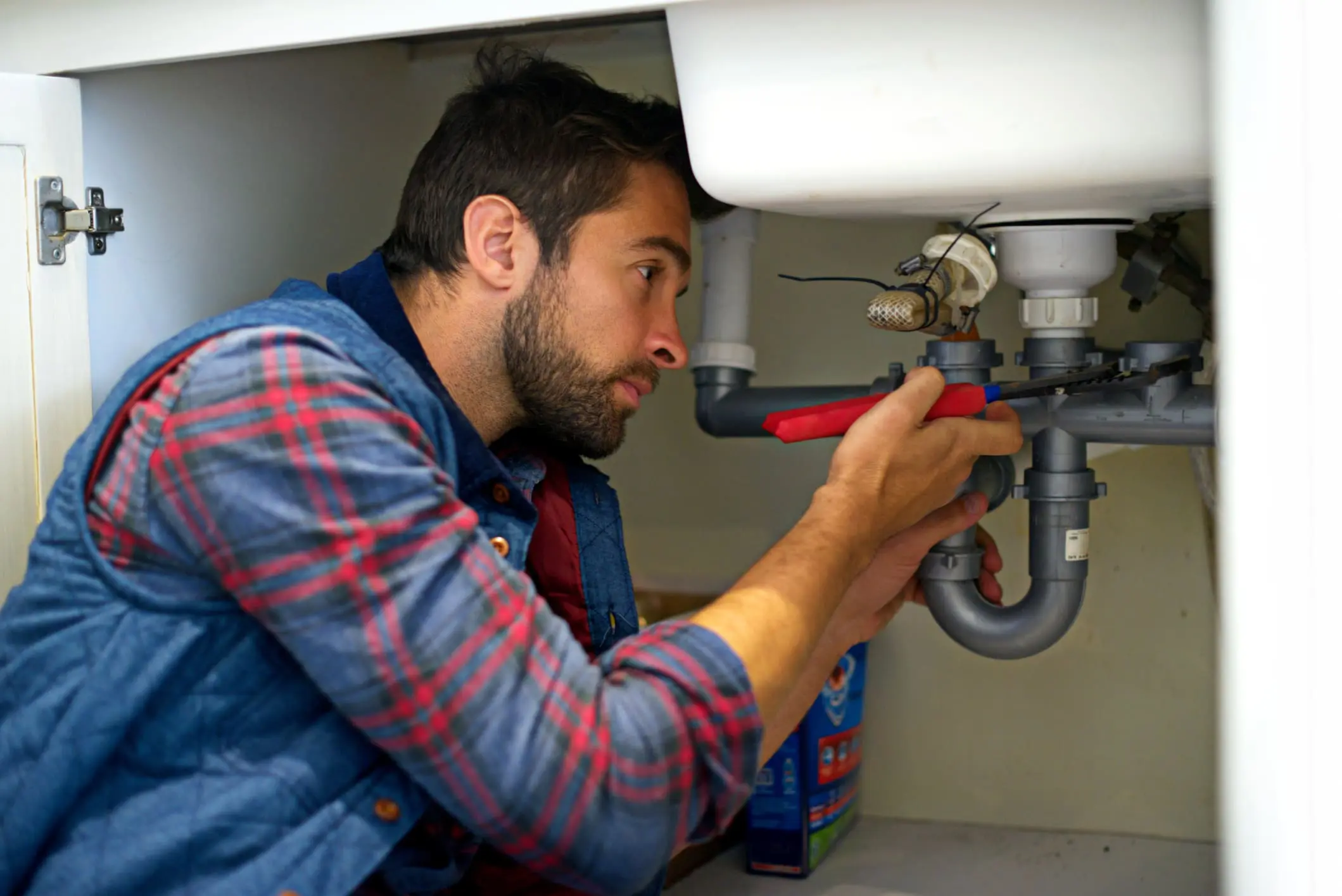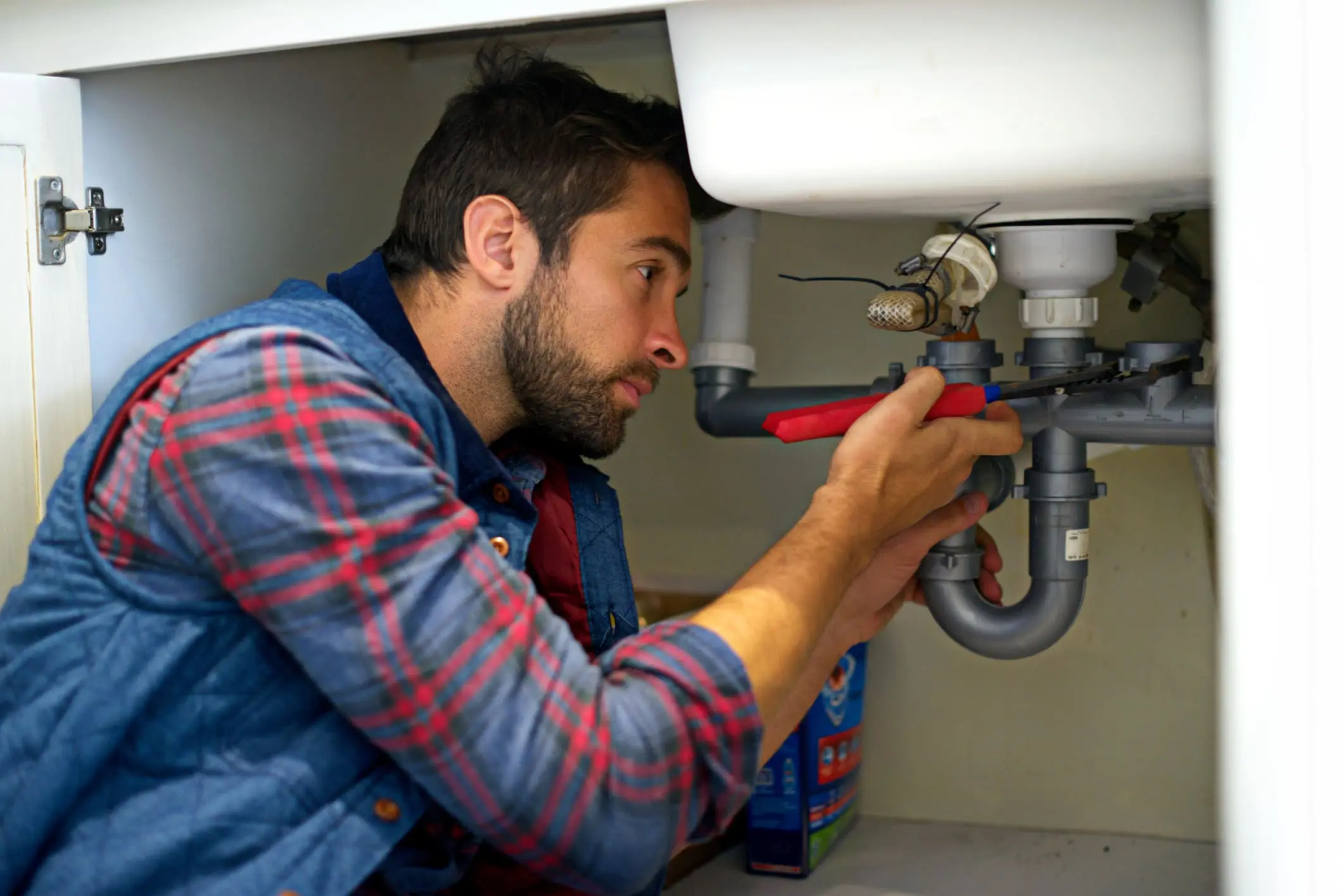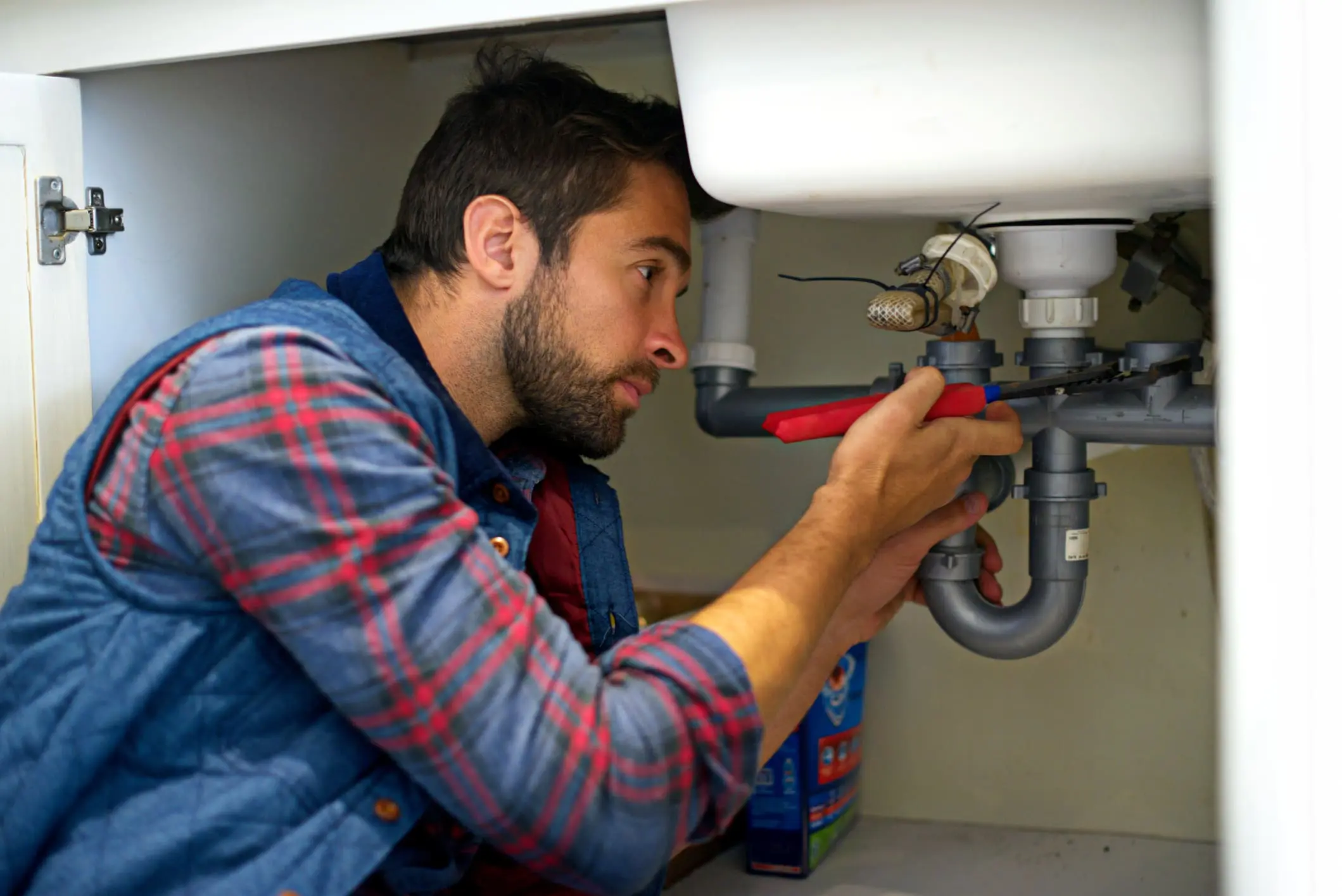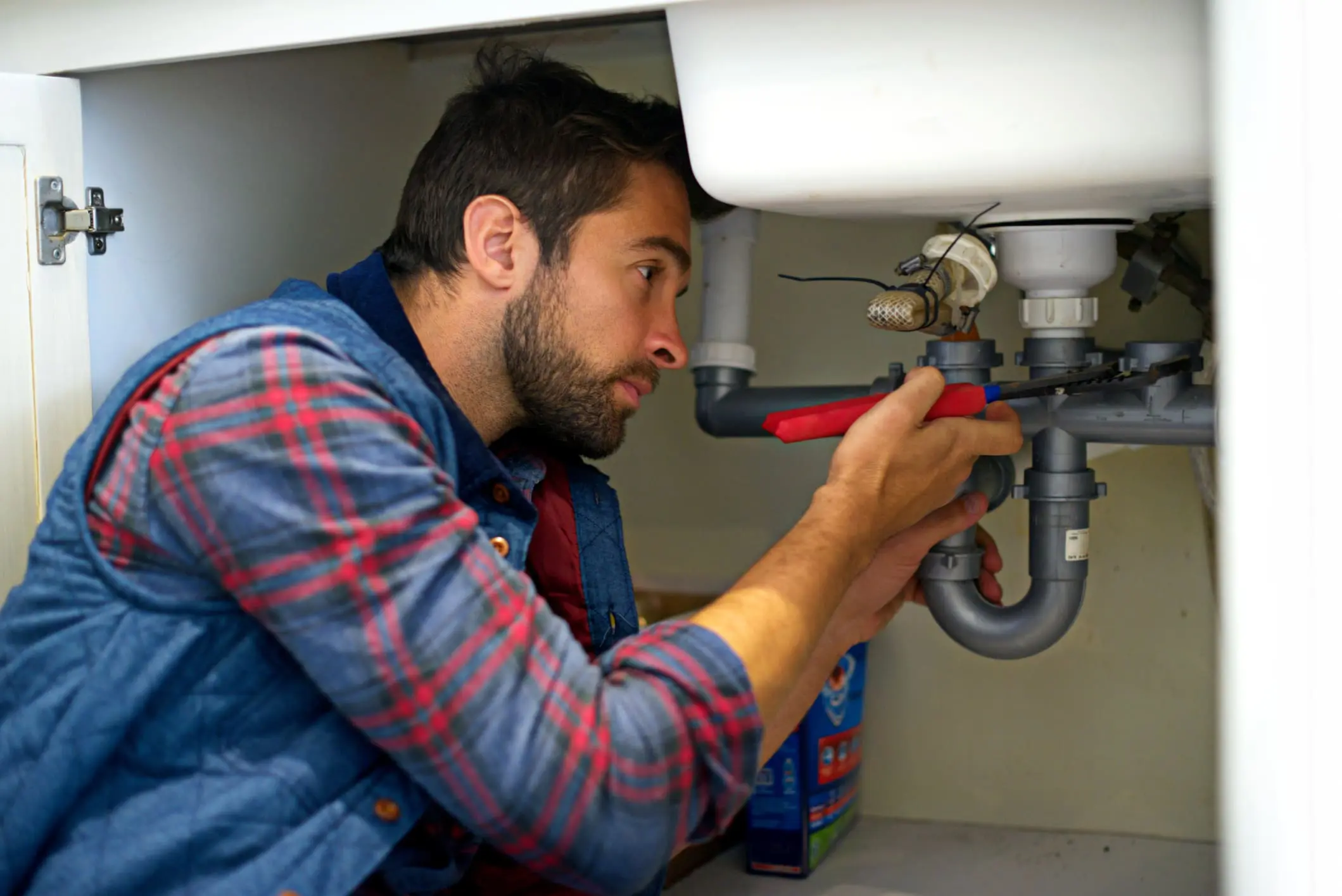As a heating engineer, you work with complex systems, valuable equipment, and face unique risks every day. Whether you're installing boilers, maintaining HVAC systems, or responding to emergency heating failures, having the right insurance protection is crucial for your business success and peace of mind.
Why Heating Engineers Need Specialized Insurance
The heating and HVAC industry presents specific challenges that standard business insurance may not adequately cover. From working with gas systems to handling expensive equipment, heating engineers face risks that require tailored protection.
Key Risks Facing Heating Engineers
Equipment and Tool Risks
- Theft of expensive diagnostic equipment and tools
- Damage to specialized HVAC tools during transport
- Equipment failure causing project delays
Professional Liability Concerns
- Incorrect system installations leading to property damage
- Faulty repairs causing heating system failures
- Design errors in HVAC systems
Property and Third-Party Risks
- Accidental damage to customer property during installations
- Water damage from faulty connections
- Gas leaks causing evacuation or property damage
Essential Insurance Coverage for Heating Engineers
Public Liability Insurance
This fundamental cover protects you against claims for injury or property damage caused to third parties during your work. For heating engineers, this could include:
- Customer injury from hot pipes or equipment
- Damage to customer property during installation
- Water damage from system leaks
Professional Indemnity Insurance
Covers claims arising from professional advice or services, including:
- Incorrect system sizing or design
- Faulty installation leading to system failure
- Breach of professional duty or negligence claims
Tools and Equipment Insurance
Protects your valuable diagnostic equipment, tools, and materials against:
- Theft from vehicles or job sites
- Accidental damage during work
- Fire or flood damage to stored equipment
Employers' Liability Insurance
If you employ staff, this legally required coverage protects against employee injury claims, including:
- Workplace accidents involving heating equipment
- Occupational health issues from chemical exposure
- Manual handling injuries
Commercial Vehicle Insurance
Specialized coverage for vehicles carrying heating equipment and tools:
- Higher coverage limits for expensive equipment
- Protection for tools stored in vehicles
- Breakdown coverage for emergency call-outs
Specialized Coverage Considerations
Gas Safe Registration Requirements
As a Gas Safe registered engineer, you need insurance that recognizes your specialized training and certification. This includes coverage for:
- Gas safety incidents and emergencies
- Compliance with Gas Safety Installation and Use Regulations
- Professional standards and certification requirements
Emergency Call-Out Protection
Many heating engineers provide 24/7 emergency services, requiring:
- Extended working hours coverage
- Emergency response liability protection
- Out-of-hours equipment and vehicle coverage
Seasonal Business Variations
Heating engineering often sees seasonal peaks, so your insurance should accommodate:
- Increased winter workload and risks
- Seasonal staff requirements
- Variable income patterns affecting premium payments
Industry-Specific Scenarios
Residential Heating Work
- Boiler installations and replacements
- Central heating system repairs
- Annual boiler servicing and maintenance
- Emergency heating repairs
Commercial HVAC Projects
- Large-scale heating system installations
- Industrial heating solutions
- Maintenance contracts for commercial properties
- Energy efficiency upgrades
Renewable Energy Systems
- Heat pump installations
- Solar thermal systems
- Biomass heating solutions
- Hybrid heating systems
Choosing the Right Insurance Provider
Industry Experience
Look for insurers who understand the heating engineering sector and can offer:
- Tailored policy terms for HVAC professionals
- Competitive rates based on industry risk profiles
- Claims handling experience with heating engineering claims
Coverage Flexibility
Your insurance should adapt to your business needs:
- Scalable coverage for business growth
- Seasonal adjustment options
- Add-on covers for specialized services
Support Services
Beyond basic coverage, consider insurers offering:
- Risk management advice and resources
- Legal helplines for contract disputes
- Business continuity support after claims
Cost Factors and Premium Considerations
Factors Affecting Insurance Costs
Business Size and Turnover
- Annual revenue and project values
- Number of employees and subcontractors
- Geographic coverage area
Experience and Qualifications
- Years in business and claims history
- Professional certifications and training
- Health and safety procedures
Services Provided
- Types of heating systems worked on
- Emergency vs. planned work ratio
- Residential vs. commercial focus
Ways to Reduce Premiums
- Maintain excellent health and safety records
- Invest in staff training and certifications
- Implement robust quality control procedures
- Choose appropriate policy excess levels
Claims Process and What to Expect
Making a Claim
When incidents occur, prompt action is essential:
- Ensure immediate safety and prevent further damage
- Document the incident thoroughly with photos
- Notify your insurer as soon as possible
- Cooperate fully with the claims investigation
Common Claim Scenarios
- Customer property damage during installation
- Professional negligence allegations
- Tool theft from vehicles or job sites
- Employee injury during heating system work
Regulatory Compliance and Insurance
Gas Safety Regulations
Your insurance must align with regulatory requirements:
- Gas Safety Installation and Use Regulations compliance
- Annual Gas Safe registration maintenance
- Proper certification and record-keeping
Building Regulations
Heating installations must comply with building regulations, affecting:
- Professional indemnity requirements
- Compliance with energy efficiency standards
- Proper certification and notification procedures
Future-Proofing Your Coverage
Emerging Technologies
The heating industry is evolving rapidly with:
- Smart heating controls and IoT integration
- Heat pump technology advancement
- Renewable energy system integration
Changing Regulations
Stay ahead of regulatory changes affecting:
- Carbon reduction requirements
- Energy efficiency standards
- Professional qualification updates
Getting the Right Quote
Information You'll Need
When seeking quotes, prepare:
- Business turnover and employee numbers
- Services provided and equipment values
- Claims history and risk management procedures
- Professional qualifications and certifications
Comparing Policies
Don't just compare prices – consider:
- Coverage limits and exclusions
- Claims handling reputation
- Industry-specific policy features
- Additional support services offered
Conclusion
Heating engineer insurance is not just a business necessity – it's your protection against the unique risks of working in the HVAC industry. From professional indemnity to equipment protection, the right coverage ensures you can focus on providing excellent heating solutions while knowing your business is protected.
Whether you're a sole trader starting out or an established heating engineering company, investing in comprehensive, tailored insurance coverage is essential for long-term business success. Take time to understand your risks, compare options carefully, and choose coverage that grows with your business.


 0330 127 2333
0330 127 2333
